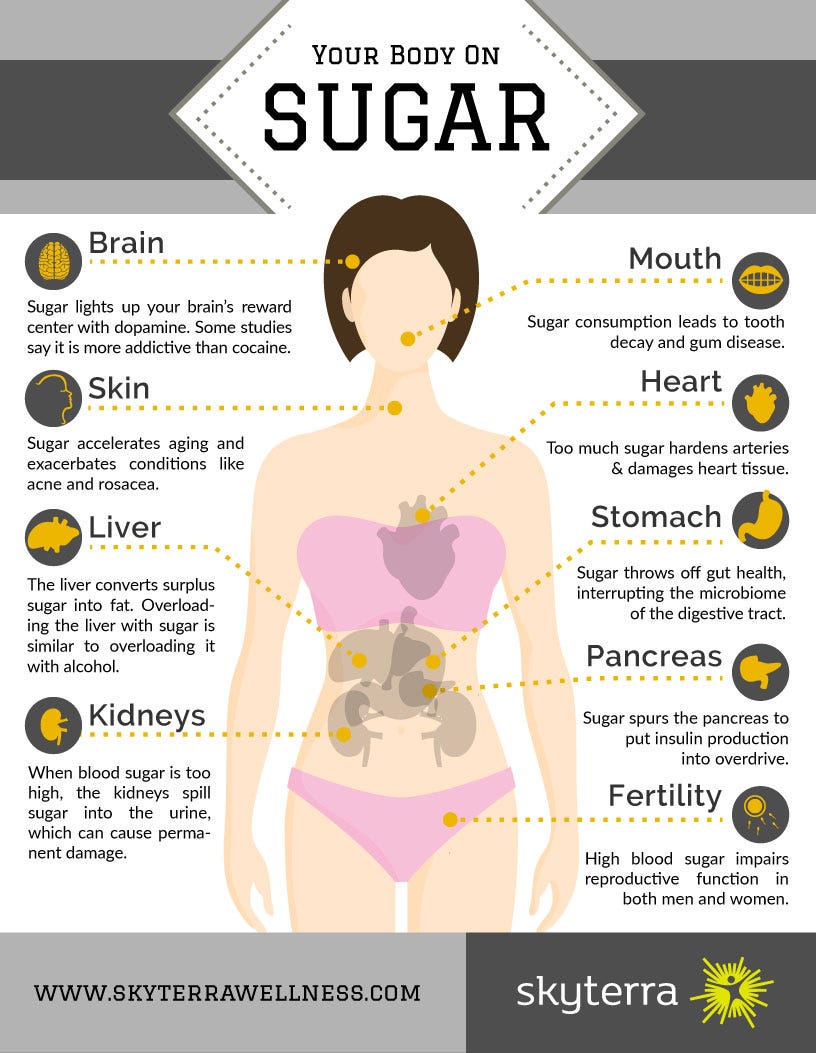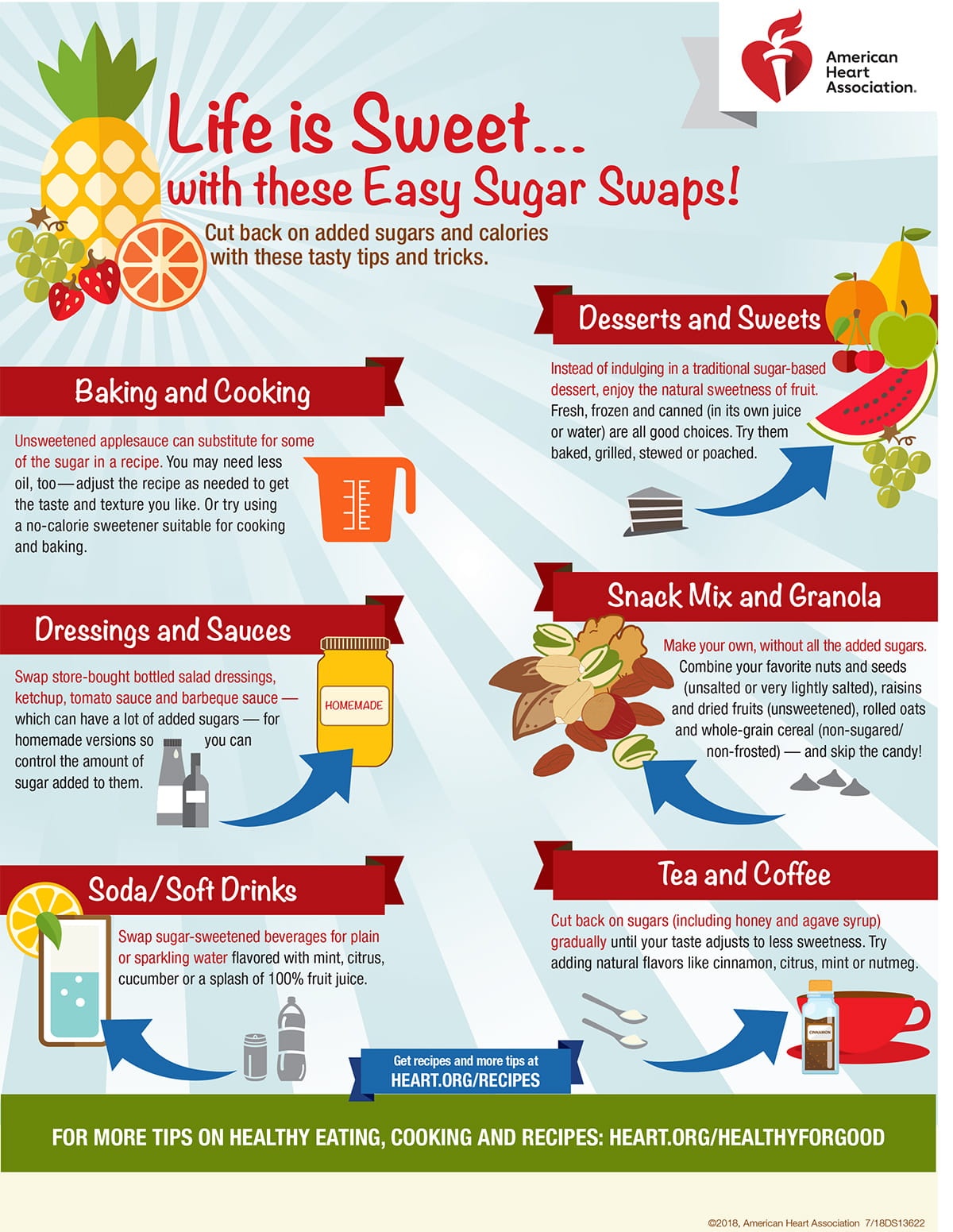Health
Excessive sugar fuels diabetes, heart disease, obesity─── HEIDRÈ MALGAS 06:00 Thu, 28 Nov 2024

Parents are encouraged to foster long-term healthy eating habits in the home, prioritising wholesome nutrition, creating a positive food experience for their children.
Excessive sugar intake is a leading contributor to non-communicable diseases like diabetes, cardiovascular diseases, and obesity, which are highly prevalent in South Africa.
“The consumption of sugar-laden foods, beverages, and processed products has escalated these health risks. High sugar intake in adults is linked to weight gain, insulin resistance, increased cholesterol, and higher blood pressure, leading to severe cardiovascular issues. Similarly, sugar adversely affects oral health, causing cavities and gum diseases,” said Heart and Stroke Foundation South Africa (HSFSA) nutritionist, Shonisani Nephalama.
“For children, excessive sugar consumption early in life has long-term implications. It disrupts hormones related to appetite and fullness, resulting in overeating and a predisposition to type 2 diabetes and obesity.

“It also limits their intake of essential nutrients, crucial for optimal growth and organ development. The role of hidden sugars in processed foods, is often unrecognised due to unfamiliar ingredient names like fructose or maltose. Reading food labels and reducing processed food consumption are emphasised as key strategies for healthier choices.”
She suggests replacing sugary drinks and snacks with healthier options such as water, unsweetened tea, and whole foods like fruits, vegetables, nuts, and seeds. It also encourages portion control, limiting added sugars, and choosing whole-grain foods over refined ones to maintain stable blood sugar levels.
‘Encourage children to adopt these practices’
“Parents play a pivotal role in shaping a child’s dietary habits by preparing home-cooked meals, avoiding sugary drinks, and promoting natural, nutrient-rich foods. Positive reinforcement and modelling healthy behaviour are suggested to encourage children to adopt these practices.”
Marketing and advertising of sugary products, particularly to children, are noted as significant challenges. South Africa’s Health Promotion Levy, introduced in 2017, aimed to reduce sugar consumption by taxing sugar-sweetened beverages. While partially effective, it faces limitations in altering consumer behaviour and addressing obesity.

“To combat the sugar pandemic, a multi-faceted approach involving public education, policy reforms, and industrial collaboration is recommended. Initiatives like the HSFSA’s Heartmark endorsement programme help consumers identify healthier options.”
The foundation provides resources, such as low-sugar recipes, to encourage healthier eating habits. Raising awareness about the health risks of sugar and promoting informed decisions are seen as crucial steps toward mitigating the public health crisis.
People are warned about possible health risks assosiated with long-term use of artificial sweeteners.













